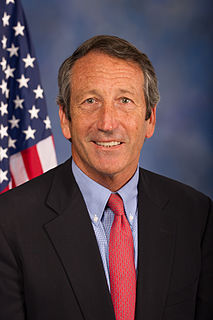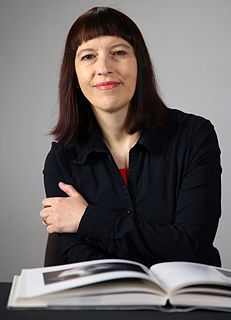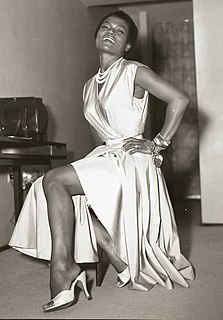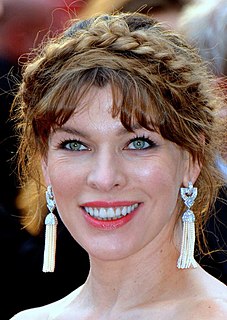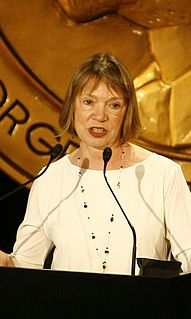A Quote by Sarah Ruhl
It was important to me that people know that you can make plays and raise children at the same time - for other mothers, for other parents, for other women considering having children and who want to be working and thinking and contemplating and making things while they're raising children.
Related Quotes
Mothers who are strong people, who can pursue a life of their own when it is time to let their children go, empower their childrenof either gender to feel free and whole. But weak women, women who feel and act like victims of something or other, may make their children feel responsible for taking care of them, and they can carry their children down with them.
Sisters, while they are growing up, tend to be very rivalrous and as young mothers they are given to continual rivalrous comparisons of their several children. But once the children grow older, sisters draw closer together and often, in old age, they become each other's chosen and most happy companions. In addition to their shared memories of childhood and of their relationship to each other's children, they share memories of the same home, the same homemaking style, and the same small prejudices about housekeeping that carry the echoes of their mother's voice.
The children of America are not rebelling for no reason. They are not hippies for no reason at all. We don’t have what we have on Sunset Blvd. for no reason. They are rebelling against something. There are so many things burning the people of this country, particularly mothers. They feel they are going to raise sons—and I know what it's like, and you have children of your own, Mrs. Johnson—we raise children and send them to war.
I feel that the connection with children and mothers is so strong in places where there are not so many 'things' to get in the way, no electronic distraction devices, no high-tech baby equipment, just a mother carrying her little one everywhere, sharing a family bed and having the help of all the other women around to raise the baby.
There are 45 million children in Africa who are not in school. While other children are learning, exploring, and growing in the myriad ways that children were meant to grow, these children are trapped in a life of constant struggle. Without education, how can they be expected to escape such struggle? How can their children?
It needs more than ever to be stressed that the best and truest educators are parents under God. The greatest school is the family. In learning, no act of teaching in any school or university compares to the routine task of mothers in teaching a babe who speaks no language the mother tongue in so short a time. No other task in education is equal to this. The moral training of the children, the discipline of good habits, is an inheritance from the parents to the children which surpasses all other. The family is the first and basic school of man.
People still think that a woman who doesn't have children or doesn't want children is really lacking in something. I've seen this over and over again in my life. I've had this thinking used against me repeatedly. I remember I had a therapist once, and I brought this up, and she said, "Well, I think women who don't have children feel very self-critical. They feel bad, so they think other people are critical in that way."
Here's the progression. Feminism won; you can have it all; of course you want children; mothers are better at raising children than fathers; of course your children come first; of course you come last; today's children need constant attention, cultivation, and adoration, or they'll become failures and hate you forever; you don't want to fail at that; it's easier for mothers to abandon their work and their dreams than for fathers; you don't want it all anymore (which is good because you can't have it all); who cares about equality, you're too tired; and whoops--here we are in 1954.
In considering the ledger equal, understand the greatest gift you have given your parents is the opportunity to raise you. The things a child gets from parents can't compare to the things a parent gets from raising a child. Only by experiencing this can you understand the degree to which children give meaning to parents' lives.

